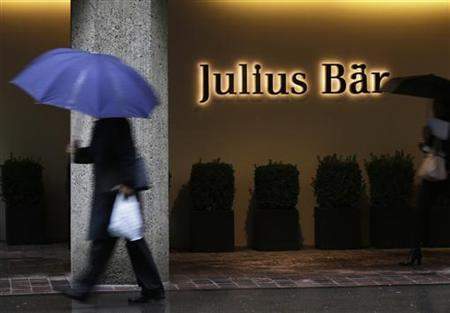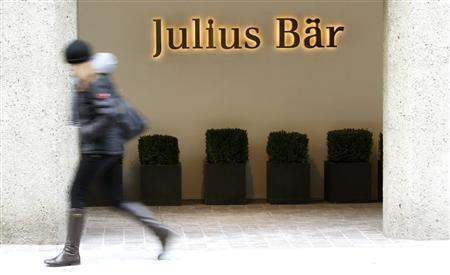Julius Baer Group’s assets under management (AuM) stood at CHF427bn at the end of April 2019, a year-to-date rise of 12%.
The rise was said to be due to positive market performance and currency impacts, money inflows, and the NSC Asesores deal.
Julius Baer bought a majority stake in Mexican wealth manager NSC Asesores this March.
Net new money growth increased towards the end of the period after a slow start.
The bank attributed the performance to solid inflows in Asia and Europe.
The bank’s core wealth management inflows was said to be satisfactory and was offset by outflows from Kairos.
How well do you really know your competitors?
Access the most comprehensive Company Profiles on the market, powered by GlobalData. Save hours of research. Gain competitive edge.

Thank you!
Your download email will arrive shortly
Not ready to buy yet? Download a free sample
We are confident about the unique quality of our Company Profiles. However, we want you to make the most beneficial decision for your business, so we offer a free sample that you can download by submitting the below form
By GlobalData“Net new money was also impacted to some extent by a limited number of client exits in the context of the ongoing client risk review project, as well as by modest outflows following a wider application of negative interest rates to large cash holdings,” Julius Baer said.
The overall gross margin over the first four months of 2019 increased to 82 basis points, versus 79.6 basis points in the second half of last year.
The bank’s BIS total capital ratio and BIS CET1 capital ratio at the end of April 2019 were 19.2% and 13.1%, respectively.
“In the first four months of 2019, BIS CET1 capital was affected by the first-time consolidation of NSC Asesores,” the private bank noted.
The cost income ratio was below 73%, compared to 74.3% in the second half of 2018.
At the end of April 2018, the bank’s AuM was CHF401bn.







